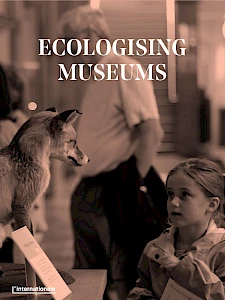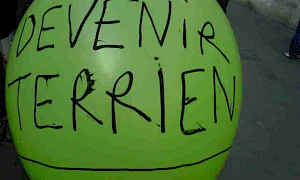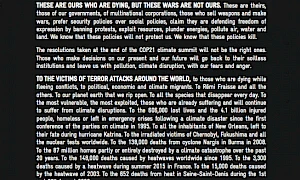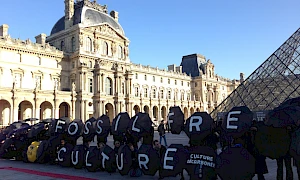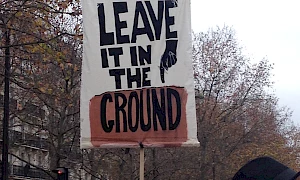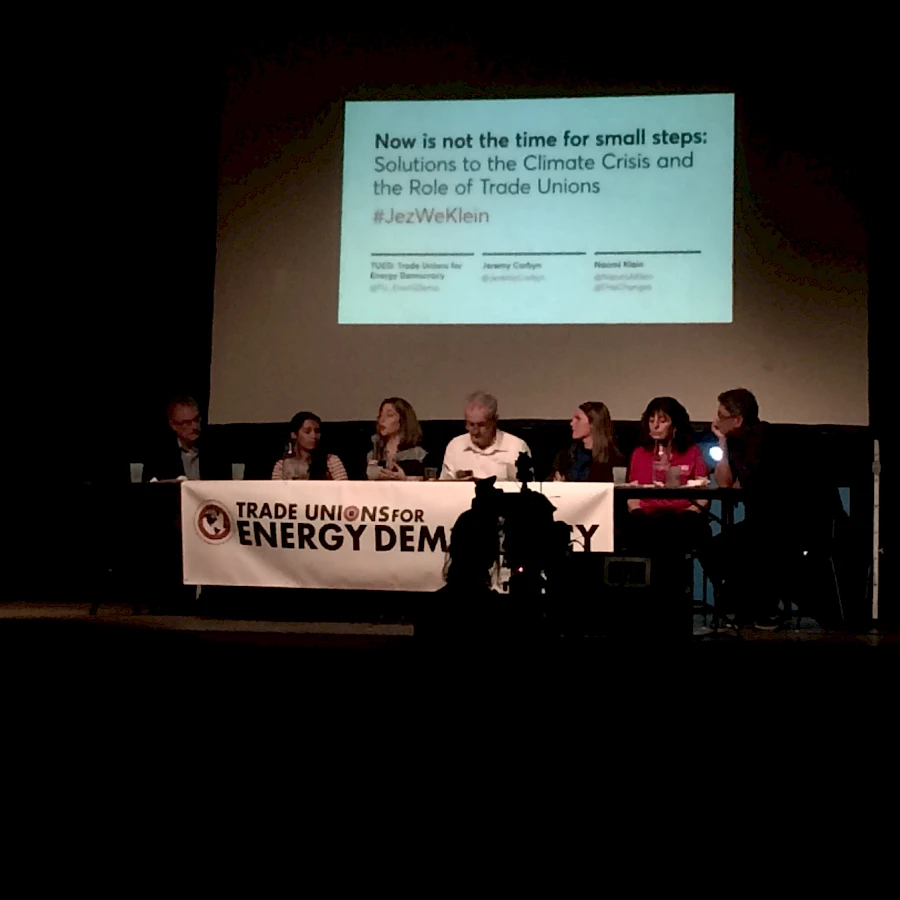
'Trade Unions for Energy Democracy' with Naomi Klein and Jeremy Corbyn, 7th December 2015, Paris. Photo by Ana Vaz.
The Anthropocene is lifting the veil on the fiction of modernity by introducing new agents into human affairs that, in truth, are not actually new – we had merely forgotten them as they faded from our view and thoughts. All the same, we should not replace the binary thinking of the past with yet another fiction: a unified anthropos that is the master of its own geological destiny. We must remain open to all possibilities that diverge from the hegemonic narrative of the Anthropocene, which derives from a very specific perspective – that of western white men – leading to initiatives rooted in a blind faith in technology that further advance the current development model.
The worldview established by modernity to secure its own existence is no longer relevant in this time of ecological crisis, and fiction is playing a role in the vital rebuilding process currently underway. Fiction allows us to recount alternative narratives – not history with a capital H or personal stories, but situated collective stories – to chart a new course in our lives. At the Trade Unions for Energy Democracy meeting on Monday 7 December, Naomi Klein stressed the urgent need to "shift our worldview from extracting to regenerating". Figures such as Gaia and Pachamama can help sway minds in this regard.
Broader perspectives open up a space for groups that have been in the minority or rendered invisible thus far, such as indigenous peoples in the context of climate issues. For Émilie Notéris, this idea is fundamental, because "point of view is perhaps the most powerful action we can have for the world".1 The author is working on the concept of reparative fiction, a term she transposed to writing from Eve Kosofsky Sedgwick's reparative and paranoid reading. Here fiction takes on a reparative function derived from a shift in the standpoint that is adopted.
For his part, filmmaker Fabrizio Terranova prefers the notion of speculative2 narration to fiction, a term of which he is wary. The inclusion of "speculative" serves to re-politicise narration and emphasise the need to re-appropriate it by fostering the emergence of possibilities that "defy the odds". "Telling stories is an opportunity to change the world",3 "an act of fabricating (a) being(s) and community(ies)". There where "the political lies".
Terranova stresses the importance of Haraway's "being in the mud" in order to reconnect with the world and its various layers, even (and especially) if this causes discomfort. The resulting reconfiguration of reality homes in on three specific concepts, namely innocence – we cannot be innocent with regard to our past or history, wherever we are – privilege – what does it mean to be in a position of privilege? – and the multi-stratification of the world.
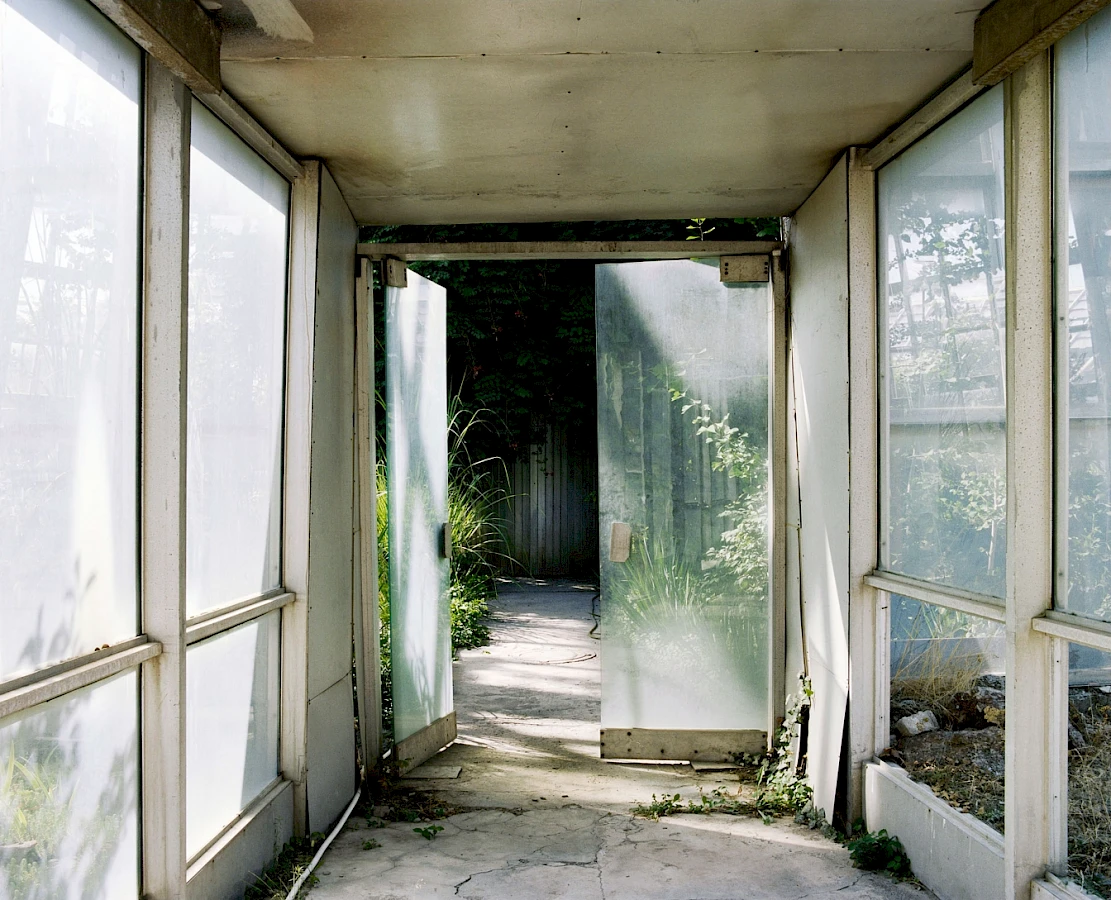
Julien Lombardi, L'inachevé, photograph, 2014.
A wide range of voices – activists, scientists, philosophers and artists – have called for the narrative to change. The discussions on Tuesday 8 December at Le Bourget or at Grand Palais, for instance, centred on gender issues, underscoring the omnipresence of men in the negotiations. One of the challenges of COP21 therefore lies in incorporating new viewpoints, such as that of the Indigenous peoples who are seeking to gain recognition for their rights and land in the final agreement. As anthropologist Barbara Glowczewski reminded us during Banque 2°21: "We are all indigenous to the Earth".
Translated from French by Ethan Footlik
